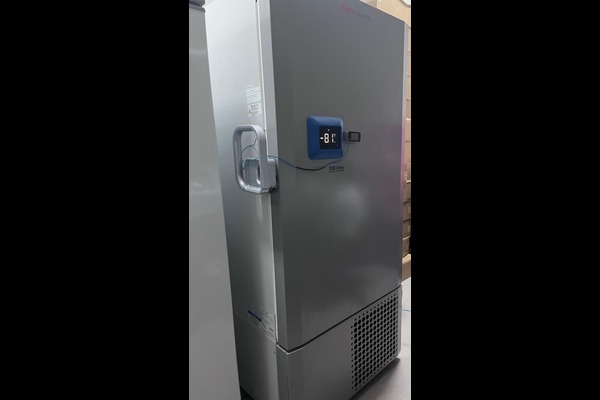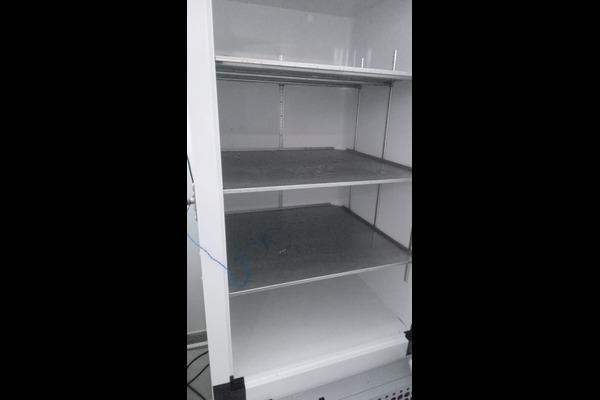

Setup of -80°C freezer for AEGIS mosquito prevention program, Sri Lanka
The AEGIS Sri Lanka trial, conducted under the AEGIS program and managed by RemediumOne, is evaluating the efficacy and safety of an innovative new spatial repellent tool. As part of the trial, a Thermo Scientific -80°C freezer has been installed at the Allergy, Immunology, and Cell Biology Unit’s molecular biology lab at the University of Sri Jayewardenepura.
Key local stakeholders leading the study includes, Dr Hasitha Tissera from the Epidemiology Unit, Dr Anoja Dheerasinghe from the National Dengue Control Unit and Prof Neelika Malavige from the University of Sri Jayewardenepura.
The trial is designed as a cluster randomized, placebo-controlled study, involving 30 clusters of 130 subjects each across three MOH areas in Gampaha District: Negombo, Wattala, and Kelaniya. It aims to evaluate the efficacy of a novel spatial repellent against Aedes-borne virus infection among children ≥ 4–16 years of age. This builds on previous research by the University of Notre Dame and the University of California, Davis, Peru which showed a 34% reduction in dengue risk using spatial repellents. RemediumOne and the Clinical Trials Unit, University of Kelaniya, manages the trial from inception to completion, successfully completing the first year. As a part of the sample management, -80°C freezer was procured and installed at the USJP lab, as USJP serves as the central location for sample analysis in the trial.
This effort highlights the commitment to advancing global evidence for spatial repellents in combating vector-borne diseases.

